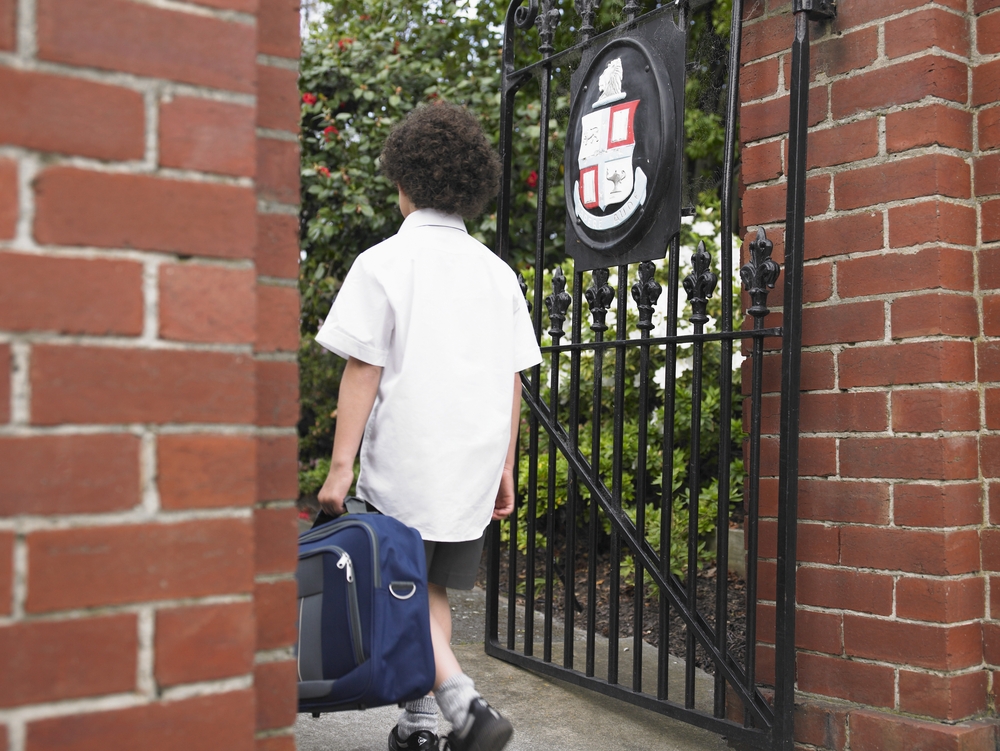Experienced Investor
Company-owning parents warned on dividend diversion scheme to fund school fees

Parents who own their own companies are warned against a dividend diversion scheme doing the rounds which suggests a tax-efficient way to help fund children’s school fees.
HMRC said it is aware of a tax avoidance scheme which is currently being promoted to parents who own their own firms in a bid to help them fund the cost of education fees.
It’s little wonder parents may be enticed by such a scheme, as according to digital wealth manager Moneyfarm, rising school fees coupled with the prospect of VAT being added to the costs mean the average independent school cost for one child from the age of 11-18 stands at £169,000. If fees rise 3%, parents would pay £185,000 over the period. For children attending a private school from the younger age of 7-18, the equivalent cost stands at £266,000, rising to £309,000.
The arrangement under HMRC’s spotlight suggests parents can avoid tax by diverting dividend income away from themselves to their minor children instead as they would pay much less tax on the amount, freeing up more cash to help pay for school fees.
But HMRC said “the scheme does not work as the arrangements are caught by specific anti-avoidance legislation – Income Tax (Trading and Other Income) Act 2005 – which prevents this type of arrangement providing the tax advantage that is sought”.
It said it will “pursue those who promote or enable tax avoidance” and will impose fines of up to £600 a day, or up to £1m as a deterrent, and urges those who are using this scheme to “leave and settle their tax affairs”.
How the dividend diversion scheme claims to work
HMRC outlined the following steps used in the scheme:
- A company issues a new class of shares which usually entitles the owner of the shares to certain dividend and voting rights
- Person A, usually a grandparent or sibling of the company owner, purchases the new shares for an amount significantly below market value
- Person A usually gifts the shares to a trust or declares a trust over the shares for the benefit of the company owner’s children
- Person A or the company owners vote for substantial dividend payments in respect of the new class of share
- This dividend payment is paid to the trustees of the trust
- As the beneficiaries of the trust, the company owner’s children are entitled to the dividend.
The company owner’s children pay tax on the dividend received. However, they pay much less tax than if the company owners received the dividend due to their children’s:
- £12,570 tax-free personal allowance
- £1,000 dividend allowance – recently cut from £2,000
- eligibility to the dividend basic tax rate.
HMRC said for anyone worried about becoming involved in a tax avoidance scheme, or if you think you’re already involved and want to get out of one, it can help.
“HMRC offers a range of support to get you back on track or avoid being caught out in the first place. Contact HMRC if you have any concerns,” it said.
Individuals can also seek independent professional tax advice or speak to one of the tax charities such as TaxAid.
Meanwhile, you can report tax avoidance arrangements, schemes and the person offering you them to HMRC by using its report tax fraud online form. You can submit this form anonymously so you don’t have to give your name, address or your email. You can also phone HMRC on 0800 788 887 if you can’t use the online form.